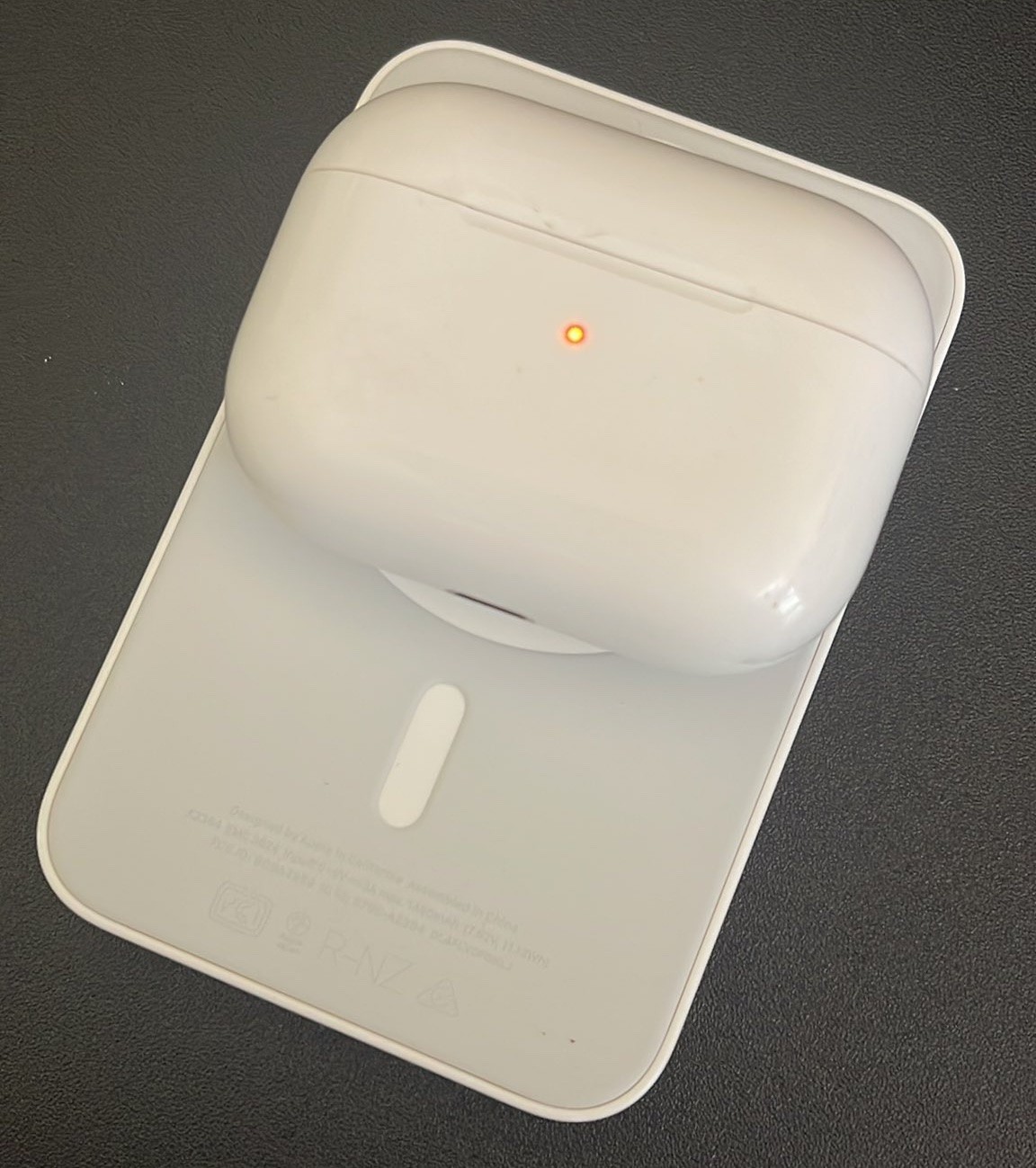At the specialized hospital center (CHS) in mental health in Sarreguemines in Moselle, it is not only the well-being of patients that is cultivated. Respecting the tradition existing since the creation of the hospital in 1880, a team of 12 gardeners are working to maintain the 45,000 plants spread over the 25 hectares of the site. “It is a heritage that dates back to the 1800s, the hospital center had to be able to be autonomous. In the event of quarantine, he had to be able to close his doors and live in self-sufficiency ”, explains Eric Peiffer, the CHS crop manager.
The place is exceptional. The numerous massifs offer a unique setting for the 600 patients in the hospital and sometimes have a few surprises in store for residents: “We have fun putting small cherry tomatoes, strawberries, little things that we can peck here and there in the beds. And it’s true that patients appreciate being able to nibble on a little something when they are walking ”, raconte Eric Peiffer.
And for patients who have an ecological fiber, there is no need to worry, the 600 varieties of plants and vegetables present on the premises are 100% organic and local: “Before they treated, they put fertilizer, we don’t use any more, assures Benoît, a gardener who waters the plants in the greenhouse. And all this is our own seedlings, there is nothing purchased, it is produced on site. So it’s not always homogeneous but hey, there are still some nice things. Like those artichokes over there that will go up to 2 meters anyway. ”
When the patients are strolling in the aisles of the establishment, they take advantage of the surprises left by the gardeners but also of the soothing side offered by the flowers. A kind of therapy by nature. “Having a soothing environment like the one we offer today is something that is facilitating in the care, explains Guillaume Fluck, communications director at CHS. Of course, our expertise is above all human through the support by the teams. But having a green, pleasant environment is even better. ”
A hospital decidedly unlike any other where gardeners, as Eric Peiffer testifies, feel they have an even more important role: “We are only gardeners but we feel like caregivers. Not a day goes by without a patient coming to congratulate us, thank us, ask us questions, sometimes for their own home. In fact, we are always available and that makes us really happy, it’s very rewarding. ”
–


